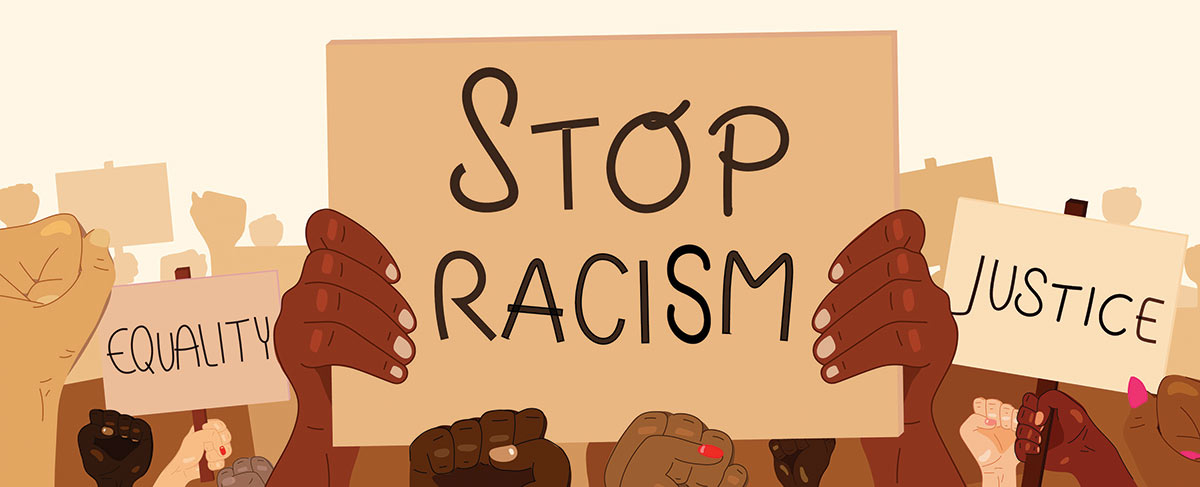How to Start Teaching Young Children About Racism?
When is comes to teaching our children on the topic of racism, parents may find themselves questioning "how young should I educate my children about the harmful effects of racism?" According to Unicef, "Studies have shown that by the age 5, children can show signs of racial bias, such as treating people from one racial group more favorably than the other." Teaching children at the earliest age possible can only bring a positive outcome. Children who are aware of prejudices can grow up to be more respectful people towards diverse ethnicities. Parents educating early as elementary age children by talking about the negative effects of racism can prevent kids from developing racial biases throughout childhood.
A way to begin teaching children acceptance for other races is empathy. Having a child think from another persons perspective can help build empathy. Proquest says "Empathy can help children comprehend the lasting, harmful impact inequality and exclusion can have". This knowledge can help these children be better friends through school years. Eventually these children grow into adults and are more inclusive and accepting at work with other co-workers.
This image is from Encompass showing diverse children getting along.Teaching young children that each person is unique in their own way is a simple way to explain physical differences between people. Unicef introduces the idea of "Try to find ways to introduce your child to diverse cultures and people from different races and ethnicities." Parents should not be afraid to express the differences between humans throughout the world to their kids. Proquest states, "To ignore differences among people is to ignore a part of the person." Children need to learn that being diverse from others is not bad, but instead a special identity. Though we may look different on the outside, we all look the same internally.
A parent might think "exposing my child too early to discrimination may harm them mentally". The truth is, avoiding and ignoring the topic all together will only hurt your child. Shielding children from racial topics only allows them to be uneducated on the effects racism can cause others. By not educating a child the consequences of being prejudiced can allow them to grow up to judge others. Unicef says "the earlier parents start the conversation with their children the better." There is no harm in teaching children early to respect others no matter their race.
After all that has been stated, it's clear to see educating children early about effects of racism can only be beneficial for society. Parents who start teaching their kids as early as elementary age can help them avoid being biased. Children who grow up surrounded by acceptance for all races will become more loving citizens. By teaching our children this important lesson, a domino effect occurs. In the end, starting to teach children the negative effects of racism will allow our children to grow up in a more loving world.




Comments
Post a Comment